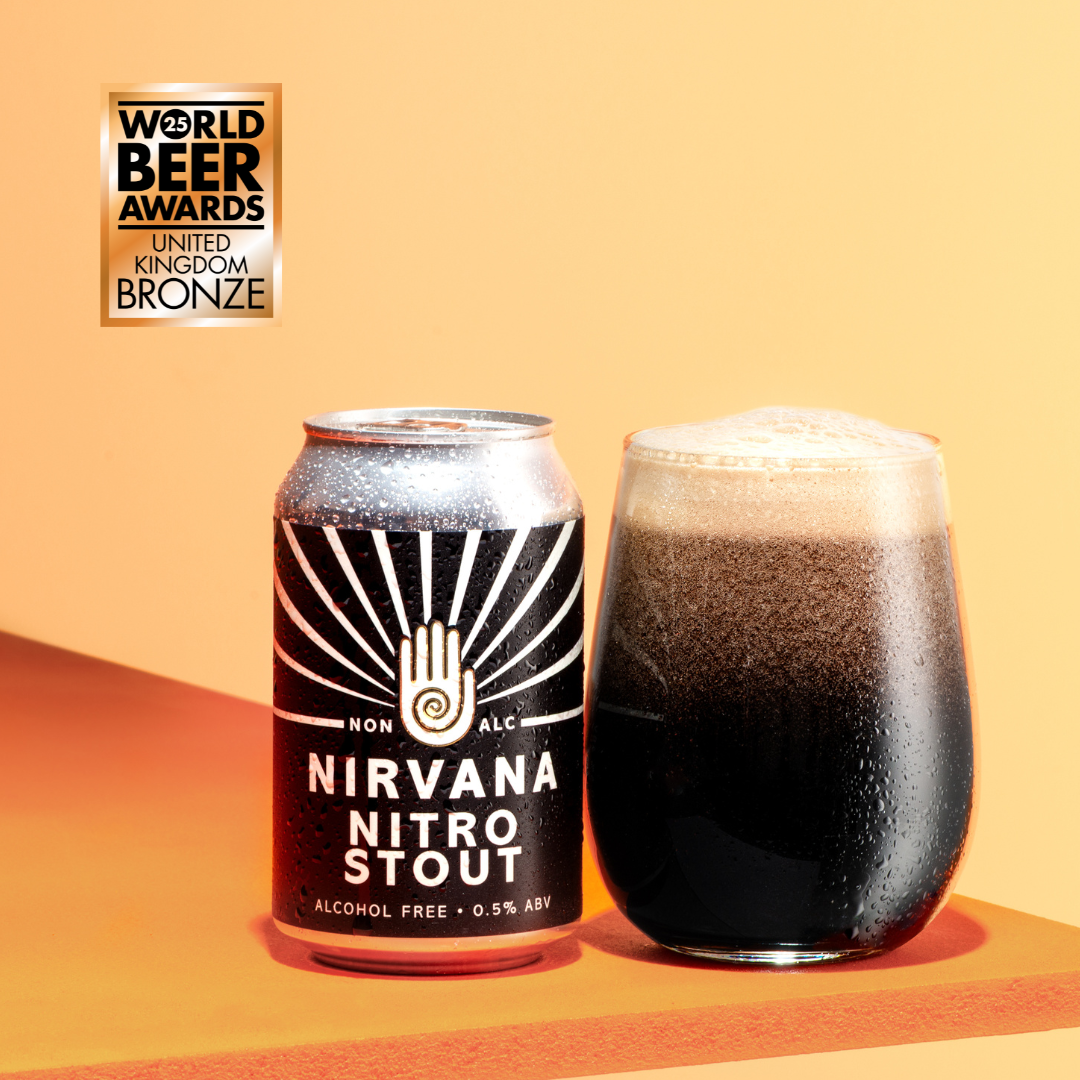Did you know that Nirvana is one of only 16 Soil Association certified Organic breweries in the UK, and the only one in London? So why do we maintain that certification, and why is it so rare?
Well, at its core beer is a simple product. Water, malted grains, hops and yeast. Obviously, all of these ingredients are naturally occurring and organically occur in nature (technically water is an inorganic compound and solvent), so are qualitatively affected by the environment.

What do we mean by that? If we take water for example, its extensive capability to dissolve a variety of molecules has earned it the designation of “universal solvent,” and it is this ability that makes water such an invaluable life-sustaining force.
On a biological level, water's role as a solvent helps cells transport and use substances like oxygen or nutrients, for brewing this property enables the entire process and gives us a liquid product at the end (rather than some sort of cookie). But, compounds we don’t want included in the brewing process present a risk if already dissolved in the water. That risk could simply be a risk to flavour, or in the case of chemical pesticides a risk to health. To get really in depth on this here's a great link to an EU report.
How much of an impact can this have on flavour? Belgian Lambic (the world’s oldest commercial beer) breweries have been known to preserve roof tiles to ensure the bacteria resident in the brewery remain consistent through the centuries.
All this to say, what we put into the brewing process really matters, and aside from our special AF alchemy that comes back to those 4 ingredients. So, why organic? To simplify organic produce means minimal use of farm inputs, with produce grown without pesticides, hormones, antibiotics, genetic modification and inorganic (derived from non-living sources) fertilisers (there are 3 to 4 times more pesticide residues in conventional vs organic food).
Less that we can’t control going into the brew means better product chilling in your fridge.
We also want to be here and brewing for a long time, so the sustainability benefits are a significant factor. Washington State University has compiled 40 years of research comparing organic farming to conventional, concluding that organic farming relative to conventional farming illustrates that organic systems better balance the four areas of sustainability.
Further, data collected during 1997–2010 showed that a one percent increase in organic farmlands could reduce greenhouse gas emissions by 49%.

In conclusion, there are many benefits to organic beer production:
👉 Firstly, it's better for the environment. Organic ingredients are grown using sustainable practices that help to conserve natural resources and reduce pollution.
👉 Secondly, organic alcohol free beer is made using traditional brewing methods that don't rely on artificial additives or preservatives. This means that it's a healthier option, containing fewer synthetic chemicals.
👉 Finally, organic alcohol free beer simply tastes better. The natural ingredients and traditional brewing methods result in a fuller, more complex flavour that you just can't get from mass-produced, mass-marketed alcohol free beers.
So why are there so few breweries that are? You’ll probably have to ask them, but next time you're looking for an alcohol free beer, take a look at our organic option. Not only will you be supporting a healthier, more sustainable way of production, you'll also be treating your taste buds to something pretty special!
🍻


